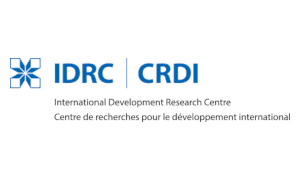The International Development Research Centre (IDRC) is a Crown corporation of Canada which funds research to promote growth, reduce poverty, and drive large-scale positive change in developing countries. IDRC’s mandate was established by an act of Canada’s parliament. It is mandated “to initiate, encourage, support, and conduct research into the problems of the developing regions of the world and into the means for applying and adapting scientific, technical, and other knowledge to the economic and social advancement of those regions.”
Projects
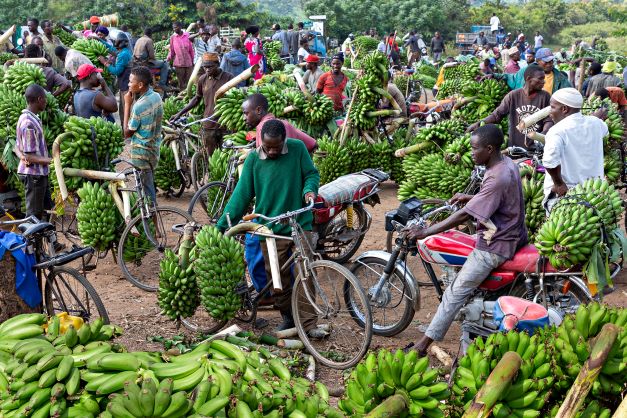
Strengthening National Capacities and Policies for Food Systems Analysis and Transformation in Kenya, Ghana, and Senegal
Food systems encompass the entire range of actors and their interlinked value-adding activities involved in the production, aggregation, processing, distribution, consumption, and disposal of food……
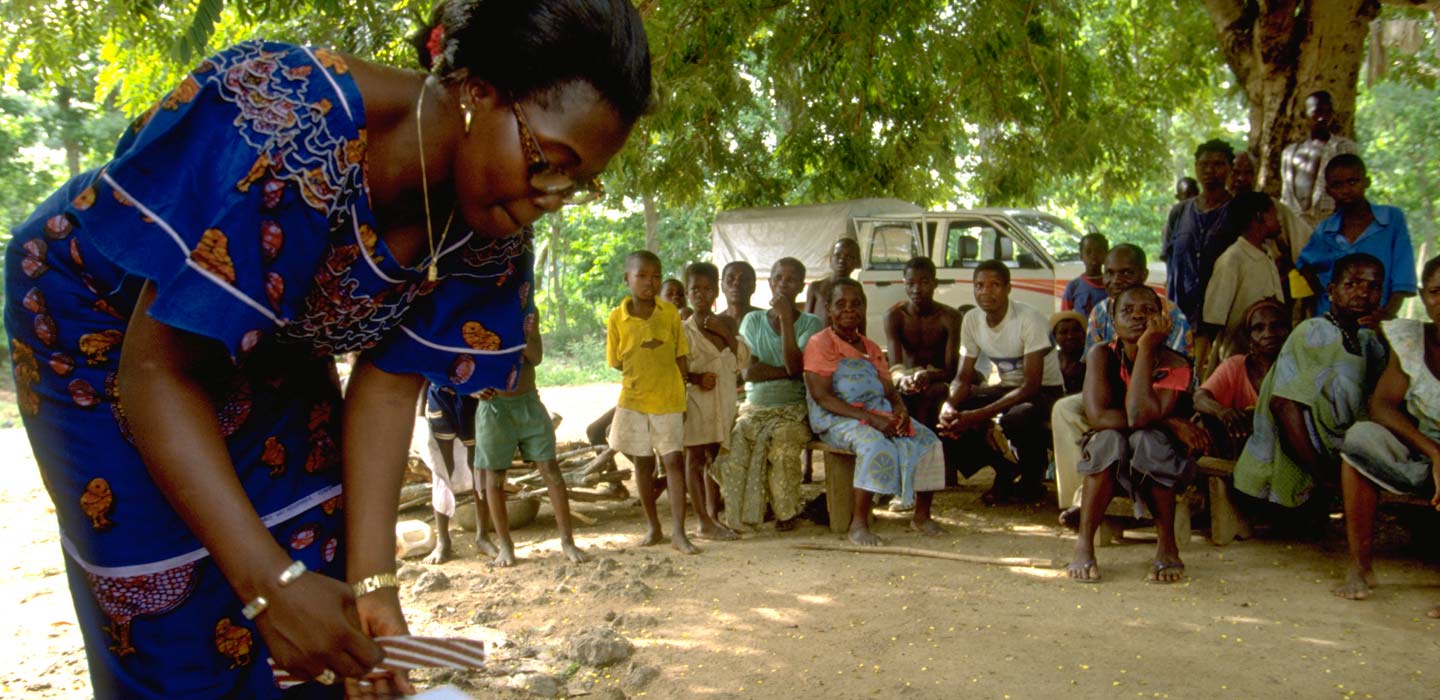
Gender-Responsive Policies for Inclusive Agri-Food Systems in Africa
Boys, girls, men, and women have various roles in global socioeconomic development. However, the norms, behaviors and responsibilities associated with being a boy, girl, man,……
Publications
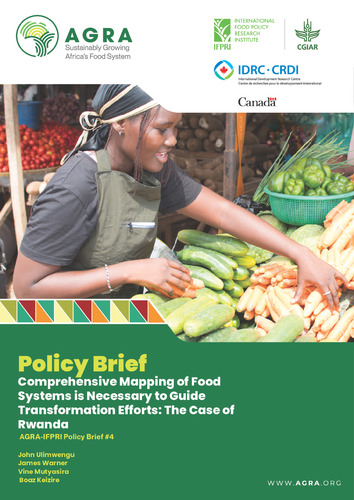
Brief
Comprehensive mapping of food systems is necessary to guide transformation efforts: The case of Rwanda
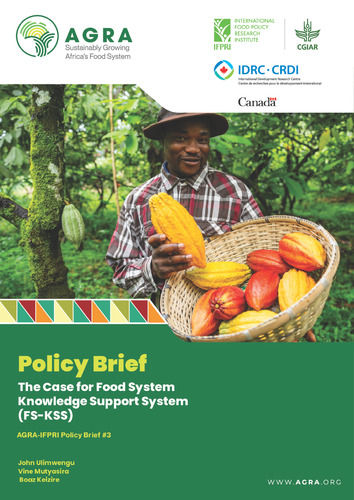
Brief
The case for food system knowledge support system (FS-KSS)
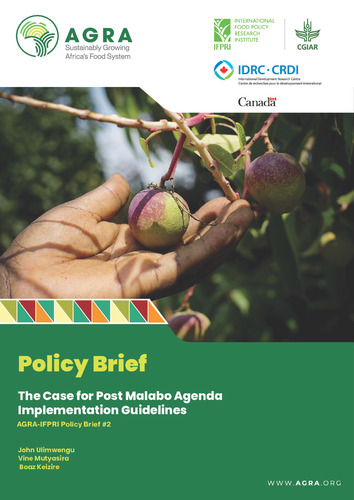
Brief
The case for post Malabo Agenda implementation guidelines
Events

Canadian perspectives on the 2018 Global Food Policy Report
The International Development Research Centre (IDRC), partnering with CGIAR’s International Food Policy Research Institute (IFPRI) and with the collaboration of Global Affairs Canada, is hosting the Canadian launch of IFPRI’s 2018 Global Food Policy Report. Open to the public through registration, this event will showcase Canadian perspectives on the current opportunities—and challenges—facing public servants, researchers, […]
Blogs
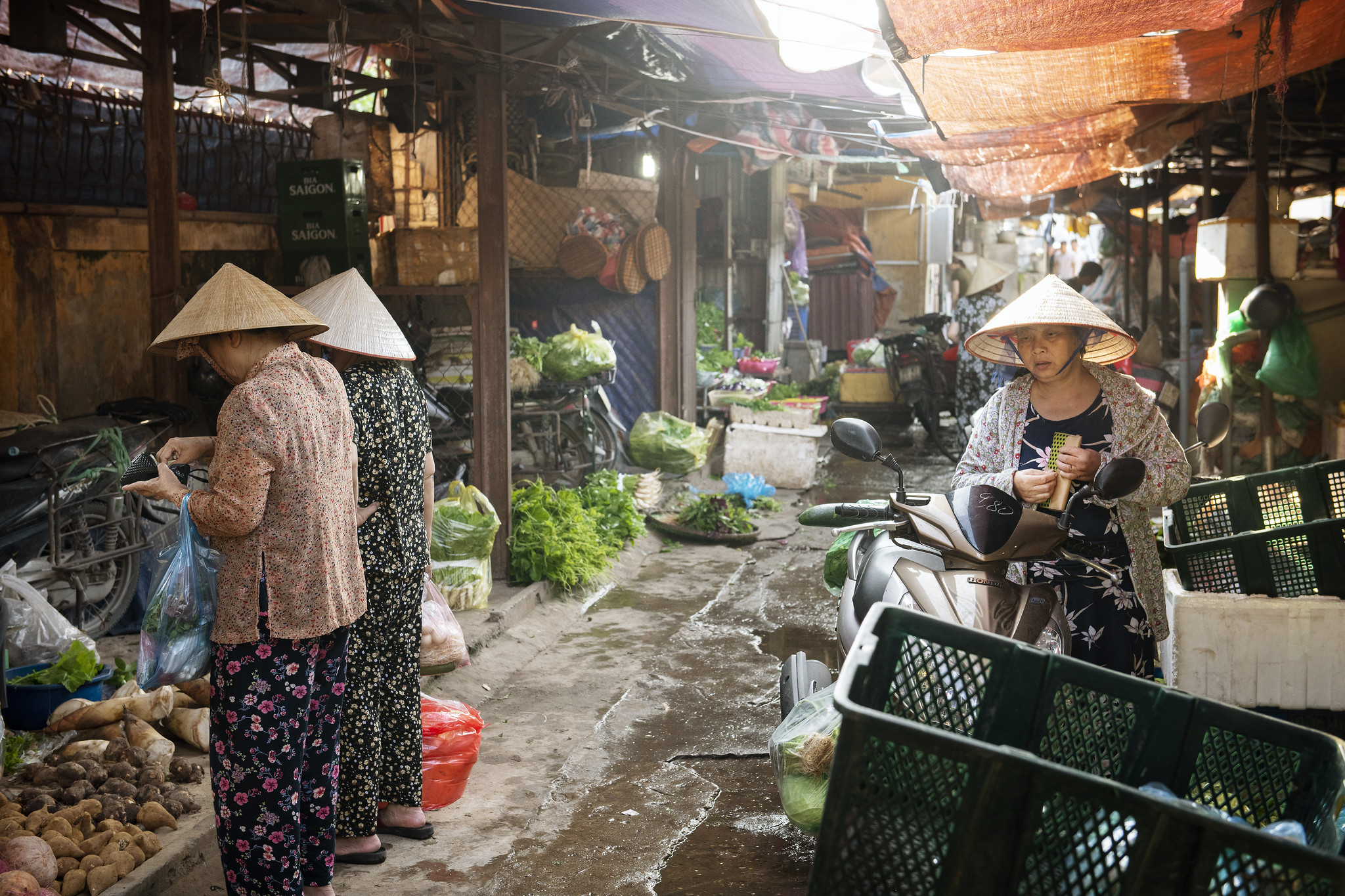
Evaluating impacts: Lessons from food systems interventions across Africa and Asia
Transforming food systems is promising but complex, requiring strong evidence and rigorous evaluations to ensure effective interventions.

Improving child and adolescent diets at school: An evaluation of Chile’s Food Labeling and Advertising Law
Creating a healthier food environment.
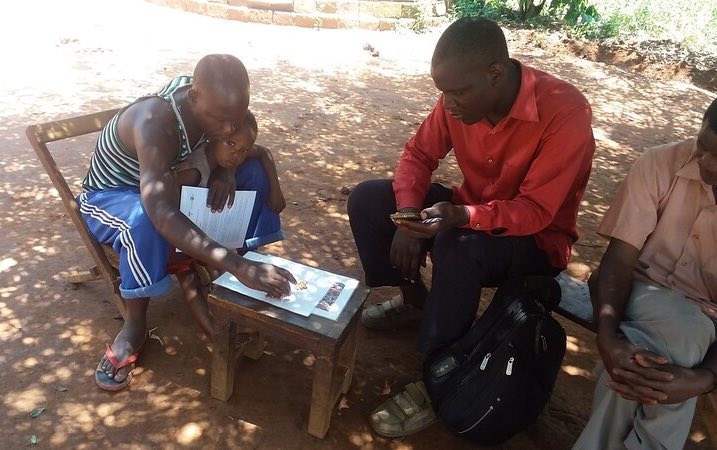
What can we really learn from sex-disaggregated data?
Parsing sometimes contradictory responses in household surveys.





